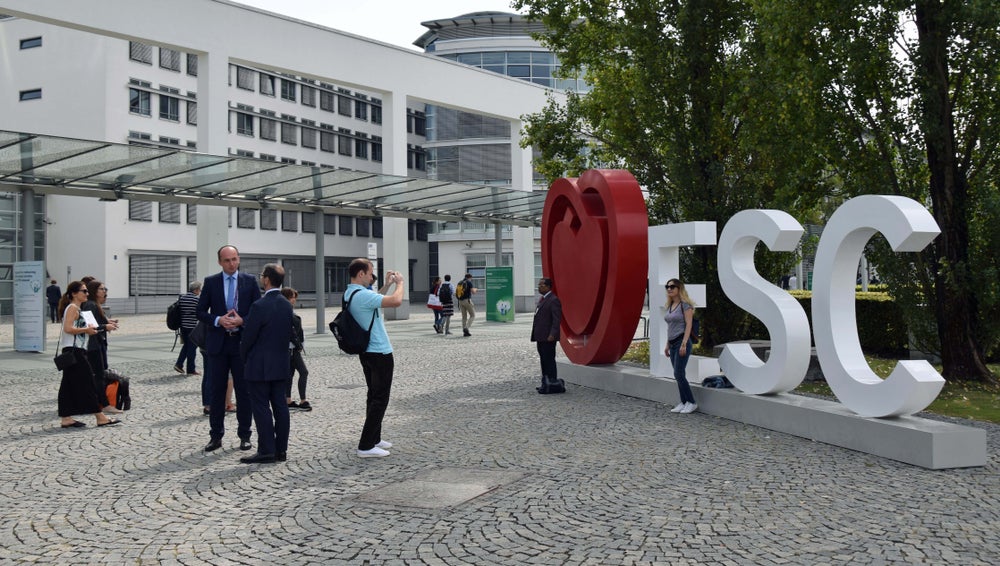On 30 August 2025 at the 75th European Society of Cardiology (ESC) conference, held in Madrid, Spain, from 29 August to 1 September, David Berg MD MPH (Master of Public Health) presented results of the DAPA-ACT HF-TIMI 68 trial. Berg focused on AstraZeneca’s dapagliflozin to highlight the progress made in sodium-glucose cotransporter 2 inhibitors (SGLT2i) in patients hospitalised for heart failure (HF).
The trial results showed that in-hospital initiation of dapagliflozin did not significantly reduce the risk of cardiovascular death or worsening of HF through two months in hospitalised HF patients. However, randomised controlled trials data suggest that in-hospital initiation of SGLT2i lowers the high risk of adverse outcomes, including cardiovascular death and worsening HF and all-cause mortality, in the early post-discharge period. Dapagliflozin was safe and well-tolerated in hospitalised HF patients, consistent with the known safety profile of the SGLT2i drug class.
Berg also highlighted the limitations of the DAPA ACT HF-TIMI 68 trial, stating that the trial was underpowered with a lower-than-anticipated event rate and short duration.
The DAPA ACT HF-TIMI 68 trial represents the first large-scale cardiovascular outcomes trial specifically designed to evaluate the safety and efficacy of initiating dapagliflozin during hospitalisation for acute HF. While the trial did not meet its primary endpoint, its results provide important insights for clinical practice and contribute to the growing evidence base supporting early SGLT2 inhibitor initiation in heart failure patients.
The incidence of acute HF is rising, representing a huge financial burden on global healthcare systems due to the resources and costs associated with hospitalisation and the highly likely subsequent readmission of a patient. International guidelines recommend the use of loop diuretics to rapidly relieve dyspnea and clear congestion. However, there is no consensus on dose or the route of administration. Thus, the lack of evidence-based therapies represents an important unmet need.
A key opinion leader interviewed by GlobalData states: “Among elderly patients, the rehospitalisation rate is getting higher. Generally, a single patient will be hospitalized more than one time. I expect [the] total [number of] hospitalised patients to more than double in the future.”
